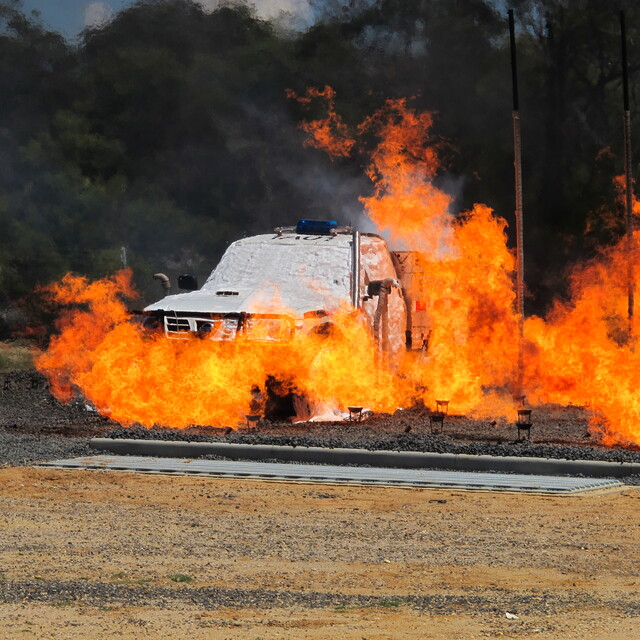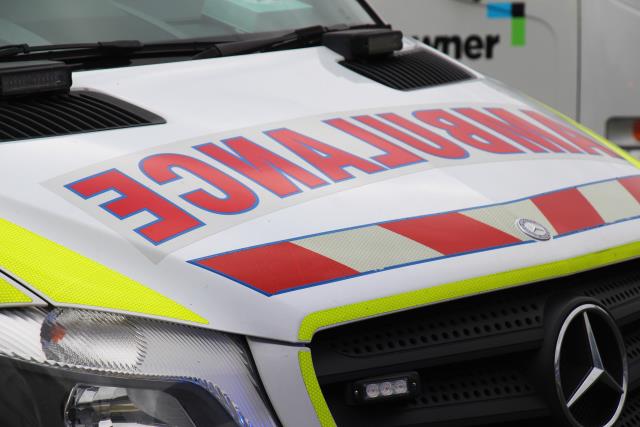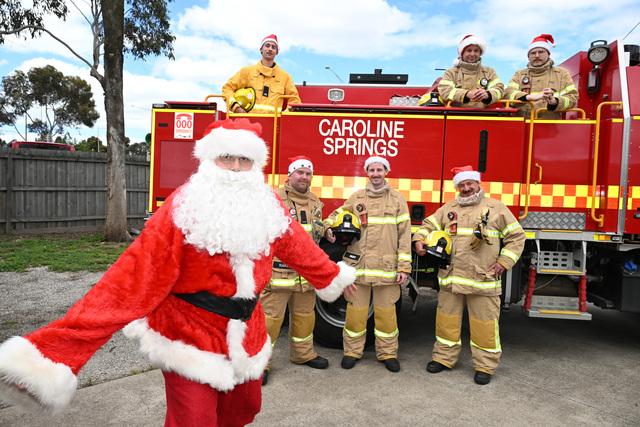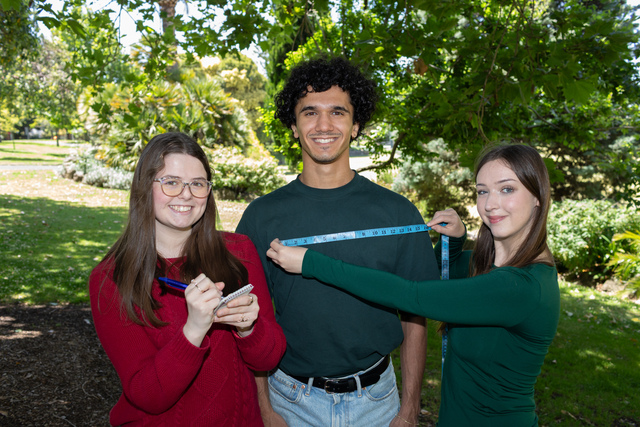Thousands of firefighters will be better protected on the frontline with a new foam fit out on all of CFA’s ultralight vehicles.
CFA has commenced the new $3.19 million retrofit program which includes 246 existing ultralights plus $4.95 million for the purchase of 33 new ultralights with crew protection.
CFA chief officer Jason Heffernan said significant laboratory, simulation and real fire exposure testing was conducted over the past few years to ensure the new systems met the occupant survival criteria.
“Retrofitting all our ultralights gives our members the best possible chance of survival in a burnover,” he said.
“The safety of our firefighters is our number one priority and we’re continuously looking for improved measures to do this.”
CFA introduced crew protection systems, such as water spray deluge and radiant heat shield curtains in all new tankers with 1000L water or more from 2006.
Between 2011 and 2013, CFA also retrofitted the same crew protection systems to all existing pre-2006 tankers.
The ultralight retrofit includes a Compressed Air Foam based external deluge system (CAFS) and radiant heat shield curtains. They will also be provided internal cabin stowage for fire blankets, making them more accessible for protection in a burnover.
All CFA crews undertake annual entrapment drills to ensure the continued familiarity with the new crew protection system.
Upper Beaconsfield Fire Brigade captain Ian Pinney said their ultralight vehicle was one of the first in the program to receive the new foam fit out.
“It’s an additional protection feature for the occupants in the vehicle. Hopefully we never have to use it, but it’s comforting to know it’s there,” said Mr Pinney.
“Ultralights have a light footprint so they are great to use in difficult to reach areas that trucks can’t.
“Our brigade is based in a high risk rural bushfire area and we’ve attended significant fires over the years so I can definitely see the benefit to further protecting our firefighters.”
The ultralights retrofit program is expected to be complete by the end of 2024.







